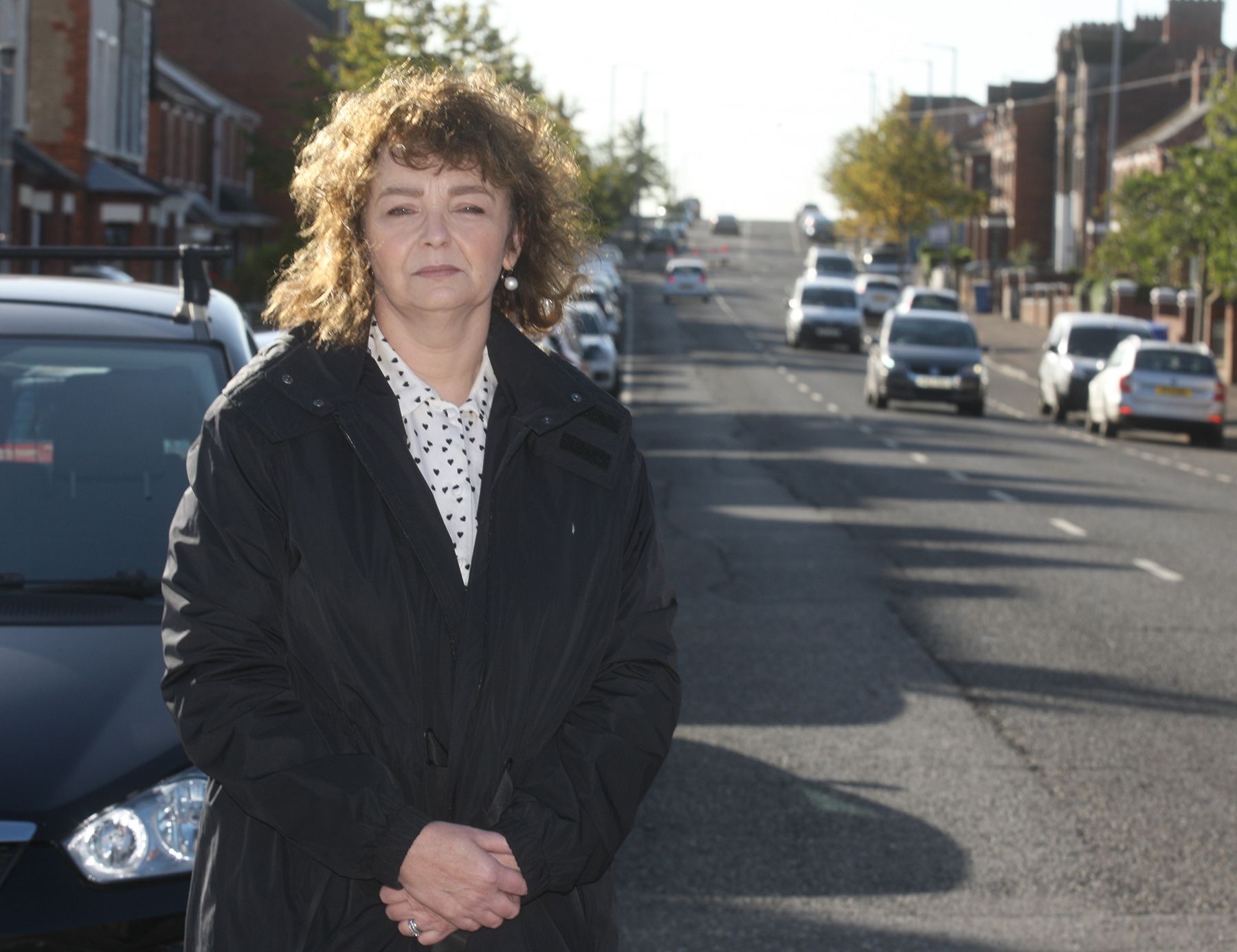SINN Féin MLA Carál Ní Chuilín says many families are experiencing “extreme difficulty” accessing care packages for loved ones.
The North Belfast MLA says the impact of the Covid-19 pandemic has hit the domiciliary care sector of the health service harder than most.
“There was already pressure on the domiciliary care end of things before Covid but the pandemic has exacerbated it further,” she explained.
“Despite the Minister announcing £23 million into social care, which is to be welcomed, the reality is that families on the ground are experiencing extreme difficulty getting access to care packages for their loved ones.
“I have dealt with loads of families whose loved ones are deemed medically fit to leave hospital but their only option was a step-down or to go into a residential care setting, which they were reluctant to do so.
“People cannot leave hospital because they cannot get access to a care package to meet their needs. The staff are not there with this new variant of Covid. The shortages are having a real impact on patients.”
The MLA also questioned why some domiciliary care workers have not yet received their special £500 recognition payment for their work during the pandemic. The scheme was announced a year ago by Health Minister Robin Swann.
“I feel that Covid has highlighted inequalities in health and social care of the domiciliary care side of things,” added Ms Ní Chuilín.
“They are the lowest-paid workers, many of whom women and many have not received their £500 payment from the Health Minister.”
A Department of Health spokesperson said: “Pressures on domiciliary care services continue as demand outstrips supply.
“The Health Minister has responded to the need for immediate action by recently announcing a support package of up to £23 million for domiciliary care and the wider social care sector.
"This funding will enable employers to offer improved terms and conditions, training and career progression opportunities, and rates of pay which should assist in addressing some of the immediate issues.
"It is hoped that this will provide an incentive to those wanting to stay within the sector, and indeed attract new staff to the sector, with the aim of increasing capacity.
“A range of other actions have also been undertaken and are in progress to address the current position. Continuous recruitment drives are ongoing across the sector to increase the number of workers and increase capacity. Whilst these have been successful in recruiting new workers, this has not been in the numbers required to address the increasing demand.
“Where domiciliary care packages are not available and a care home placement is accepted, the Department has advised Trusts to waive the usual care home placement fees until a suitable home care package has been developed.
“Trusts are continuing the messaging of encouraging a timely discharge process wherever possible through the use of care options such as care home placements, or informal support from family and friends.
"The Department has also reviewed and re-issued the regional Direct Payments guidance, to simplify the process, make it less restrictive (i.e. allowing for the employment of family members where no other workers can be identified) and make the option more attractive to prospective users.
“In addition, the NI Social Care Council is being supported to launch a targeted publicity campaign, including in schools and colleges, to promote social care as a positive career choice and encourage young people and others to consider social care as a career.
“There is immediate work to be done given the crisis that we find ourselves in, but there is clearly also a need to address issues in the long term."
Regarding the special recognition payment, the spokesperson added: “Progress is being made in relation to making the payments to those who work in the independent sector.
“Payments to staff in the independent sector are being taken forward in two phases. The first phase covers payments for eligible staff in care home and domiciliary care providers. Employers were invited to submit claims for eligible staff currently employed by them, by November 30. Claims to a value of more than £14.1m covering 24,800 individuals have been paid out.
“Further work is ongoing to finalise arrangements to deliver the payment in a second phase to the remaining categories of independent sector staff.”









